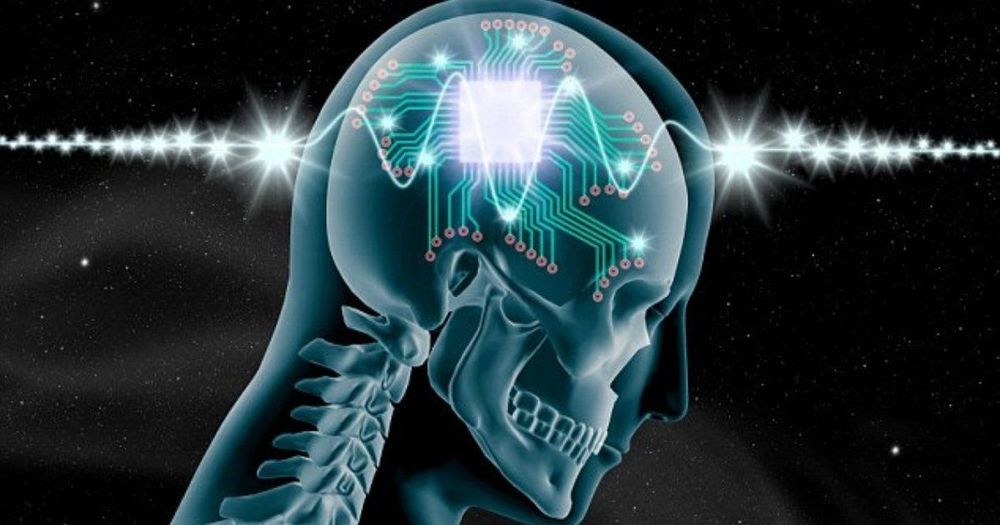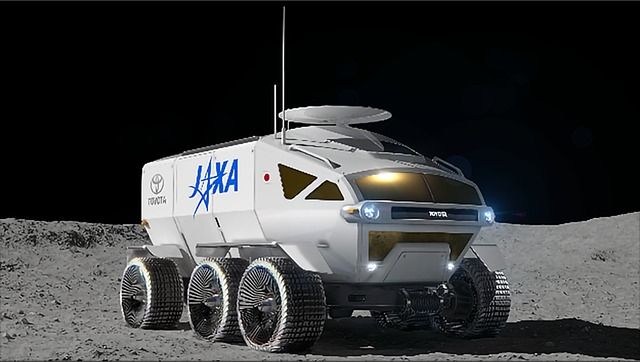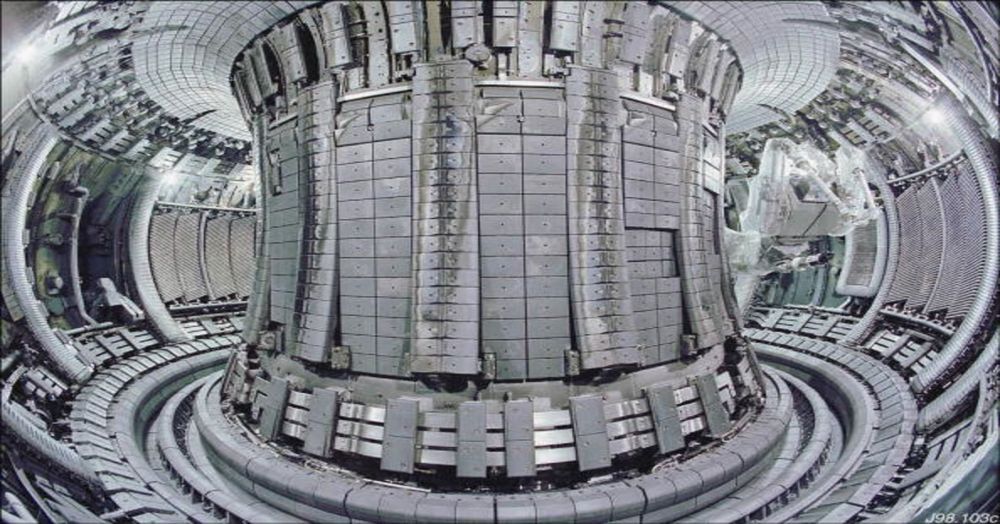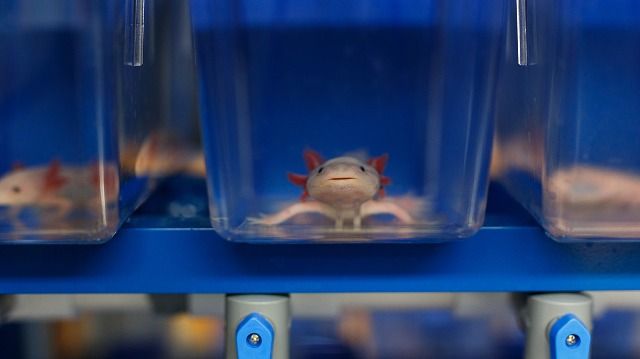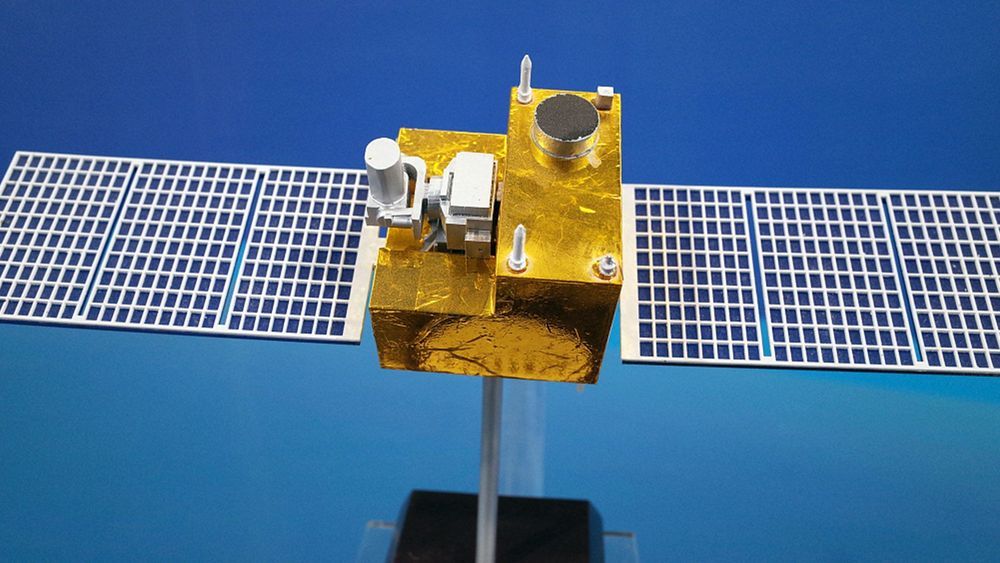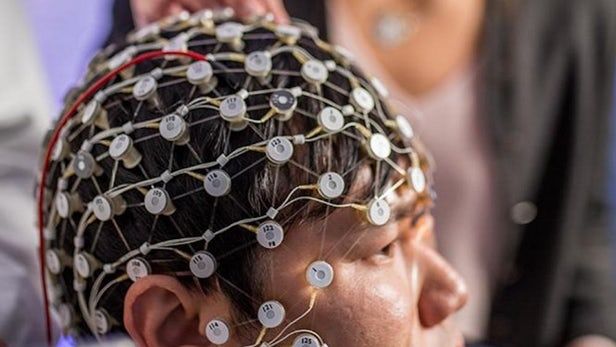Page 8184
Mar 12, 2019
JAXA: Tokyo
Posted by Klaus Baldauf in categories: robotics/AI, space, sustainability, transportation
Japan, March 12, 2019—The Japan Aerospace Exploration Agency (JAXA) and Toyota Motor Corporation (Toyota) agreed today to study the possibility of collaborating on international space exploration. As a first step, JAXA and Toyota agreed to further cooperate on and accelerate their ongoing joint study*1 of a manned, pressurized rover*2 that employs fuel cell vehicle technologies. Such a form of mobility is deemed necessary for human exploration activities on the lunar surface. Even with the limited amount of energy that can be transported to the moon, the pressurized rover would have a total lunar-surface cruising range of more than 10,000 km.
International space exploration, aiming to achieve sustainable prosperity for all of humankind by expanding the domain of human activity and giving rise to intellectual properties, has its sights set on the moon and Mars. To achieve the goals of such exploration, coordination between unmanned missions, such as the recent successful touchdown by the asteroid probe Hayabusa2 on the asteroid Ryugu, and manned missions, such as those involving humans using pressurized rovers to conduct activities on the moon, is essential. When it comes to challenging missions such as lunar or Martian exploration, while various countries are competing in advancing their technologies, they are also advancing their cooperative efforts.
JAXA President Hiroshi Yamakawa had this to say today about the agreement between JAXA and Toyota: “At JAXA, we are pursuing international coordination and technological studies toward Japan’s participation in international space exploration. We aim to contribute through leading Japanese technologies that can potentially generate spin-off benefits. Having Toyota join us in the challenge of international space exploration greatly strengthens our confidence. Manned rovers with pressurized cabins are an element that will play an important role in full-fledged exploration and use of the lunar surface. For this, we would like to concentrate our country’s technological abilities and conduct technological studies. Through our joint studies going forward, we would like to put to use Toyota’s excellent technological abilities related to mobility, and we look forward to the acceleration of our technological studies for the realization of a manned, pressurized rover.”
Mar 12, 2019
Why Bezos and Microsoft are betting on this $10 trillion energy fix for the planet
Posted by Derick Lee in categories: business, nuclear energy, transportation
So far, no one has commercialized nuclear fusion, but the race is on to be the first to figure it out. Whoever does will be able to bring power to the more than 1 billion who don’t have access to electricity, power cars and help companies operate businesses without having to create harmful emissions.
Jeff Bezos and others have sunk more than $127 million into General Fusion, a start-up trying to commercialize fusion energy. Microsoft is partnering with the company. The goal: to provide energy to 1 billion people that don’t have electricity.
Mar 12, 2019
Axolotl’s Regeneration Genes Also Present in Humans
Posted by Ours Ondine in categories: biological, neuroscience
Scientists at the Marine Biological Laboratory (MBL) have identified gene “partners” in the axolotl salamander that, when activated, allow the neural tube and associated nerve fibers to functionally regenerate after severe spinal cord damage. Interestingly, these genes are also present in humans, though they are activated in a different manner. Their results are published this week in Nature Communications Biology.
Mar 12, 2019
China to develop a quantum satellite to provide 24h-service
Posted by Klaus Baldauf in categories: quantum physics, satellites
China plans to develop a medium-high-earth-orbit quantum communication satellite able to provide services around the clock in the next few years, Pan Jianwei, member of the 13th National Committee of the Chinese People’s Political Consultative Conference (CPPCC), told CGTN at the press conference for the second session of the 13th CPPCC National Committee on Sunday.
When asked about the future plan for quantum communication technology, Pan said his team is planning to design a new one to supplement the Mozi satellite, which can only function at night due to interference from the sun.
The nation launched its first quantum satellite in 2016. As the world’s first quantum communication satellite, Mozi is expected to provide a technical foundation for China to build a self-developed ultra-secure communication system.
Mar 12, 2019
The war on ‘prediabetes’ could be a boon for pharma—but is it good medicine?
Posted by Derick Lee in category: finance
The push for drug treatments for prediabetes takes place in an environment rife with financial conflicts of interest. For years, ethicists have criticized ADA for financial dependence on diabetes drugmakers. In recent years, ADA says, it has received $18 million to $27 million annually from drug companies, including many donations of $500,000 to $1 million per year. The group also gets up to $500,000 annually from each of more than a dozen other firms in the diabetes and prediabetes markets, including makers of consumer and medical products, testing labs, insurance companies, and drug retailers.
A third of Americans are considered prediabetic—but many may be better off without treatment.
Mar 11, 2019
Stunning new Stephen Hawking 50p unveiled — where to you can get one
Posted by Genevieve Klien in category: futurism
Royal Mint has unveiled its stunning new Stephen Hawking 50p — this is where you can get one and what it will cost.
Mar 11, 2019
Genes that evolve from scratch expand protein diversity
Posted by Xavier Rosseel in category: biotech/medical
A new study published in Nature Ecology and Evolution led by scientists from the University of Chicago challenges one of the classic assumptions about how new proteins evolve. The research shows that random, noncoding sections of DNA can quickly evolve to produce new proteins. These de novo, or “from scratch,” genes provide a new, unexplored way that proteins evolve and contribute to biodiversity.
“Using a big genome comparison, we show that noncoding sequences can evolve into completely novel proteins. That’s a huge discovery,” said Manyuan Long, PhD, the Edna K. Papazian Distinguished Service Professor of Ecology and Evolution at UChicago and senior author of the new study.
Mar 11, 2019
The man who helped create the internet as we know it has a warning about its future
Posted by Genevieve Klien in categories: futurism, internet
Tim Berners-Lee has consistently warned about the threats facing the web he helped create.
Mar 11, 2019
Electrically syncing up brain regions improves depression in first-of-its-kind study
Posted by Genevieve Klien in categories: biotech/medical, neuroscience
In a first-of-its-kind study from researchers at the University of North Carolina (UNC) School of Medicine, a new kind of non-invasive electrical brain stimulation has been trialed in patients with major depression. The results show this new technique to be extraordinarily promising in reducing depressive symptoms, with larger trials set to explore this novel treatment in greater detail.
